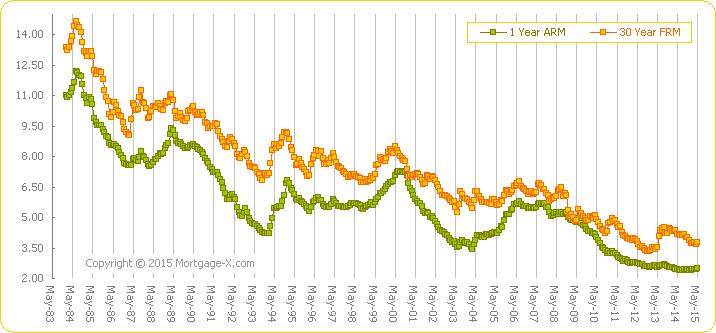Hi all,
I'm 24 years and married old plan on purchasing a specific home for $300k. We plan on putting down 20% on the mortgage. Our combined income is around 120k. Can you folks provide us advice on what to look for on my first big loan? What kind of research should we be doing? Are there reliable sites to use?
All advice is appreciated. Thanks!
I'm 24 years and married old plan on purchasing a specific home for $300k. We plan on putting down 20% on the mortgage. Our combined income is around 120k. Can you folks provide us advice on what to look for on my first big loan? What kind of research should we be doing? Are there reliable sites to use?
All advice is appreciated. Thanks!

